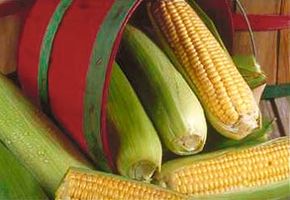Why is Organic Food So Expensive?
Prices tend to be higher for organic than conventional products. As stated on the Web site of the Food and Agriculture Organization (FAO) of the United Nations (UN), certified organic products are generally more expensive than their conventional counterparts because:
- The organic food supply is limited as compared to demand.
- Production costs for organic foods are typically higher because of greater labor input and because farmers don't produce enough of a single product to lower the overall cost.
- Post-harvest handling of relatively small quantities of organic foods results in higher costs because organic and conventional produce must be separated for processing and transportation.
- Marketing and the distribution chain for organic products are relatively inefficient, and costs are higher because of relatively small volumes.
The FAO also notes that prices of organic food include not only the cost of the food production itself, but also a range of other factors that are not captured in the price of conventional food, such as:
Advertisement
- Environmental enhancement and protection (and avoidance of future expenses to mitigate pollution)
- Higher standards for animal welfare
- Avoidance of health risks to farmers due to inappropriate handling of pesticides (and avoidance of future medical expenses)
- Rural development by generating additional farm employment and assuring a fair and sufficient income to producers
The FAO believes that as the demand for organic food and products increases, technological innovations and economies of scale should reduce costs of production, processing, distribution and marketing for organic produce.
